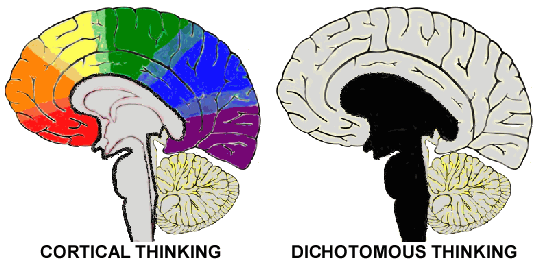The goal of the scientist is to understand the nature of the universe. The fruits of their labor can most benefit the rest of society when the information they generate is transformed from the dichotomous true vs. false framework into a goal-oriented utility framework. In other words, “This is how things work, but what good does that do me?” “How can the discoveries of the scientist help me achieve my goals?”
The laws of thermodynamics and the concept of entropy were first laid out at the end of the 19th century. The original motivation was to explain some very important aspects of our universe. In fact everything that occurs in our world, does so within the confines of the first and second laws of thermodynamics. Everything from chemical reactions to life to weather patterns are driven by the continued increase in entropy (randomness) of our universe. Over the last century these laws have been used to generate better engines, make better chemicals and of course bigger and better weapons. But if they are so universal, are they important to the common individual as well?
Without getting too detailed, the first law of thermodynamics is essentially “There is no free lunch.” (Matter and energy can neither be created nor destroyed, only converted from one form to another). The second law is essentially Murphy’s law, anything that can go wrong will go wrong. Put another way, the entropy (randomness) of the universe can only increase, so the only way to bring about order in one place is to do some form of work (releasing heat and creating more entropy in the rest of the universe.) Our highly ordered bodies can only exist because we are constantly feeding them energy to maintain that order.
The main barrier to any form of political activism is overcoming the entropic tendencies in the form of differing ideas among individuals. Getting people with differing ideas “on board” is often an uphill battle because it involves overcoming the entropy of diverse ideas. Often times no volume of dichotomous “true fact” is adequate to change minds. It is often the case that common goals are the catalyst to overcoming entropy. Chemical catalysts overcome entropy by brining chemicals closer together so they can react more easily. Similarly, focusing on common goals and avoiding dichotomous separations can add to consensus building and make political progress more likely.
